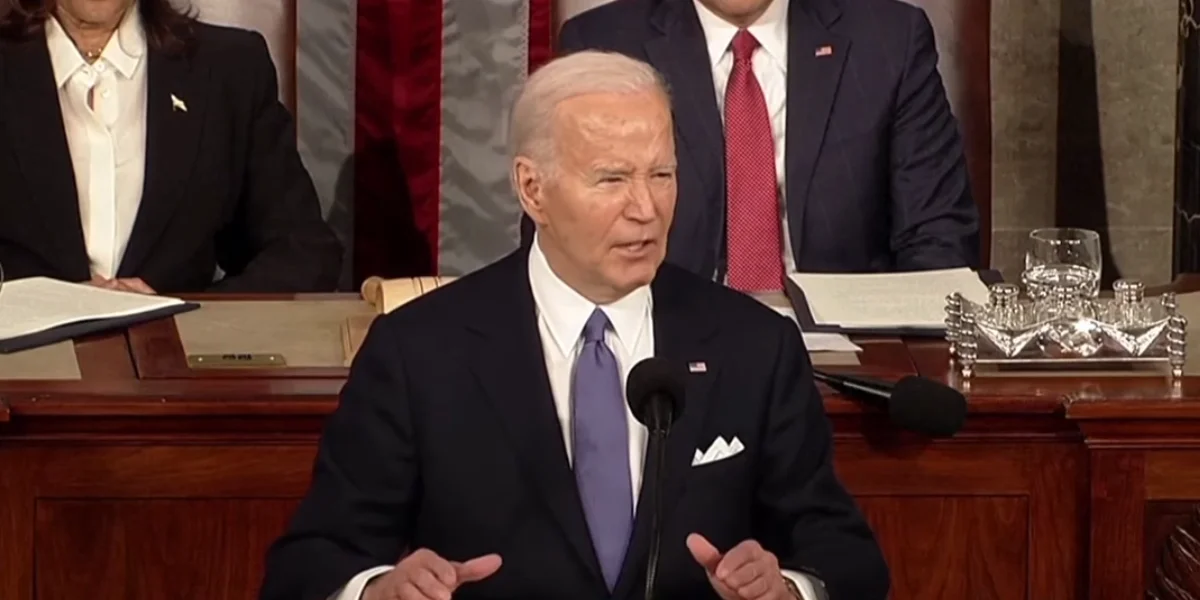Biden exits the 2024 presidential race, endorses Vice President Kamala Harris for nomination

President Joe Biden said Sunday that he will halt his presidential re-election campaign, bringing an unexpected and embarrassing end to his half-century-long political career and shattering the battle for the White House just four months before Election Day.
Biden, 81, was unable to counter growing belief within his party that he was too frail to serve and would lose to Donald Trump in November. He backed Vice President Kamala Harris to succeed him as the Democratic nominee.
“While it has been my intention to seek reelection, I believe it is in the best interest of my party and the country for me to stand down and to focus solely on fulfilling my duties as President for the remainder of my term,” Biden wrote in a letter posted on X. "I will speak to the Nation later this week in more detail about my decision."
Shortly after the announcement, he endorsed Harris for the Democratic candidacy, despite the fact that Mr. Biden cannot appoint nominees. There was an emergency meeting of senior Democratic National Committee members on Sunday.
"My very first decision as the party nominee in 2020 was to pick Kamala Harris as my Vice President," Mr. Biden wrote on social media. "It's been the best decision I've made. Today I want to offer my full support and endorsement for Kamala to be the nominee of our party this year. Democrats — it's time to come together and beat Trump. "Let us do this."
Harris stated on Sunday that she is "honored to have the President's endorsement, and my intention is to earn and win this nomination."
"Over the past year, I have traveled across the country, talking with Americans about the clear choice in this momentous election," Harris told the crowd. "And that is what I will continue to do in the days and weeks ahead. I will do everything in my power to unite the Democratic Party—and unite our nation—to defeat Donald Trump and his extreme Project 2025 agenda. We have 107 days until Election Day. Together, we will fight. And together, we will win."
Harris also paid tribute to Biden, calling his decision to withdraw from the 2024 campaign a "selfless and patriotic act."
DNC Chair Jaime Harrison stated on Sunday afternoon that "in the coming days, the Party will undertake a transparent and orderly process to move forward as a united Democratic Party with a candidate who can defeat Donald Trump in November."
"This process will be governed by established rules and procedures of the Party. Our delegates are prepared to take seriously their responsibility in swiftly delivering a candidate to the American people," Harrison said.
In the days after the debate, a rising number of Democrats openly raised concerns about the president's health and mental state, as well as his ability to defeat Trump in November and lead the country for another four years. The pressure to step down grew as Democratic lawmakers and governors went days without hearing directly from Biden, enabling speculation about his future to spread inside the party. A increasing number of Democrats on Capitol Hill have publicly called for him to step down.
Never before has a sitting president and presumed nominee pulled out of the race so late in the game, and Biden's decision highlights the gravity of the crisis that engulfed his campaign following his dismal debate performance against Donald Trump.
Biden is the first incumbent president to decline reelection since Lyndon B. Johnson did it in the spring of 1968. Hubert Humphrey, Johnson's vice president, received the Democratic nomination that year but lost to Richard Nixon.
Only a few first-term presidents in American history have declined to seek a second term, the most recent being Rutherford B. Hayes, who chose not to run in the 1880 election. Both James Buchanan and James Polk decided not to run for president again. Calvin Coolidge, who took over the president in 1923 upon Warren Harding's death, won his first term in 1924 but declined to pursue a second full term four years later.
His resignation brings to an end a one-of-a-kind national political career marked by the fall of Richard Nixon and the emergence of Trump. He made four presidential attempts. He served in the United States Senate for 36 years, representing small Delaware. He climbed to become chairman of the powerful Judiciary and Foreign Relations committees. He also served eight years as Barack Obama's vice president.


